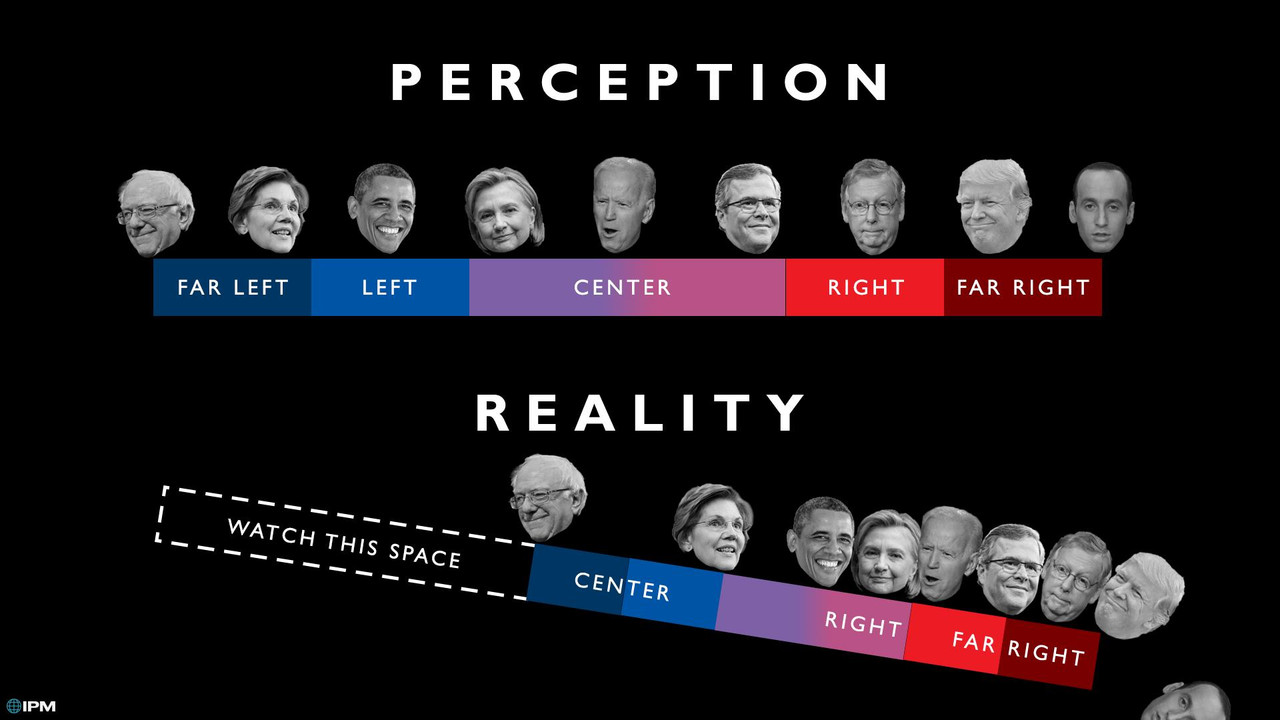Cunt wrote:pErvinalia wrote: ↑Thu Dec 17, 2020 4:16 am
What issues? And what's that got to do with establishment politics?
All of the trans issues are Democrat-friendly, less so Republican-friendly.
Now look at whether that leftie issue is accepted in movies, news orgs, academia, TV shows (is that even a thing anymore?) and the social media platforms.
I think they all universally vilify J.K. Rowling and John Cleese, for having the gall to try to be funny about it, or support free expression instead of the expected lockstep.
I'd say the establishment is even pushing that stuff into childrens education. But that might sound like a conspiracy theory.
I think you're confusing the people the establishment complain about (those who criticise and challenge the traditions of the status quo etc) with the establishment itself. The establishment isn't a particular thing or a kind of club with a membership list - it's a generalisation that includes all the people and institutions that decide and run things and the norms and systems they represent and maintain.
If one thinks about the tensions and conflicts in discussions around issues like LGBT rights, or women's rights, or civil rights for example, then the establishment would be those who represent and maintain the norms and systems traditionally associated with the status quo - with how things have been (and in the establishment's view should be) organised.
At the same time 'the establishment' is not the same thing as 'the popular view'. Trans rights, women's rights, and civil rights might be socially popular, at least in principle, but the people and institutions who decide and run things still resist equalising and/or normalising trans people's rights; women still get paid less than men for the same work; Black and minority ethnic groups are still underrepresented in law enforcement etc, and the establishment still complains about those who criticise and challenge these particular traditions - that is; the way things have been in the past, and therefore should be in the present and the future.
While one might acknowledge that some actors, TV hosts, writers, comedians, academics, or other media personalities who choose to voice criticisms about how things are organised have the social capital that gives their views a higher profile than us regular folk, they are not the people who represent or maintain the traditions of the status quo or the people who are in charge of what or how things are decided and run. These criticisers and challengers are anti-establishment, and to think that they represent the norms, systems, and traditions of the status quo -- the established ways of doing things -- is to misunderstand what it means to talk about 'the establishment' in this context.
Media personalities like Taylor Swift, Stephen Colbert, or Colin Kaepernick, or groups like Extinction Rebellion and BLM, or even pink-haired radical feminist lesbian gender studies lecturers don't run things or have the power to decide how things should be organised, but they can criticise and challenge, and in that way put pressure on, those who do. It's this pressure which the establishment resents, resists, and pushes back against.

